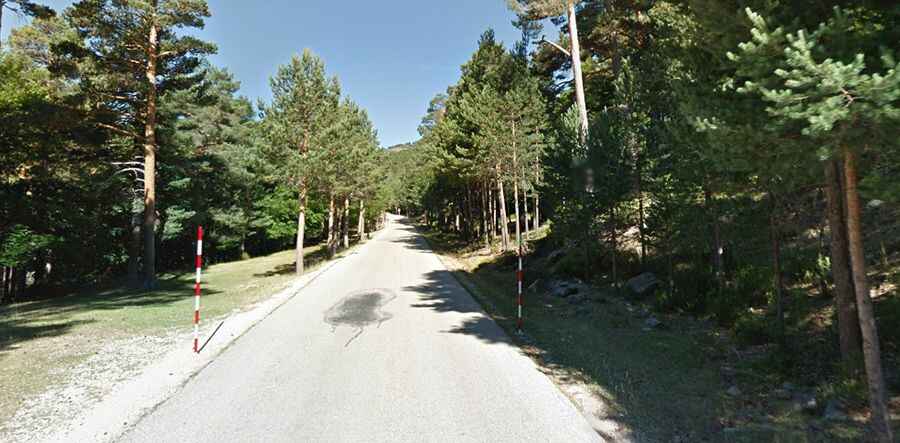Driving the paved road to Spain's Haunted Laguna Negra
Laguna Negra de Urbión (Black Lagoon of Urbión) is a glacial lake situated at an elevation of 1,731m (5,679ft) above the sea level. It's located in the northern part of the province of Soria, within the autonomous community of Castile and León, in Spain. Many believe that the lagoon is haunted.

How long is the road to Laguna Negra de Urbión?
The road leading to the lagoon, which is nestled within the Picos de Urbión mountain range, is entirely paved but notably narrow and steep. Starting from SO-830, the ascent spans 9.5 km (5.9 miles). Over this distance, there's an elevation gain of 502m, with an average gradient of 5.28% and some sections reaching up to 13%.
Is the road to Laguna Negra de Urbión closed?
Set high in the north-central region of the country, the route to the lagoon, also referred to as Laguna Negra de Vinuesa, can be closed at any time due to snow and ice. The final 1.5km (0.93 miles) are closed to motor vehicles during holidays. Visitors need to park in a parking area named Paso de la Serrá and then walk the remaining 1,500m.
Is the road to Laguna Negra de Urbión worth it?
Situated between the villages of Vinuesa and Covaleda, the road offers breathtaking views, flanked by granite walls and pine forests. The area showcases various glacial features, including the Black, Frozen, and Long lagoons. This natural setting, especially the enigmatic dark lagoon, has captivated writers, inspiring pieces like Antonio Machado's poem, "La tierra de Alvargonzález". Moreover, the region is celebrated for its rich cultural tapestry, encompassing architecture, traditions, customs, and cuisine, promising an enriching exploration experience.
Is Laguna Negra de Urbión haunted?
Legends suggest that the Black Lagoon is bottomless, connected to the sea through subterranean channels and caves. In reality, its maximum depth is approximately 12 meters, posing no significant danger. Another tale asserts the existence of a creature residing at its base, consuming anything that descends into the waters.